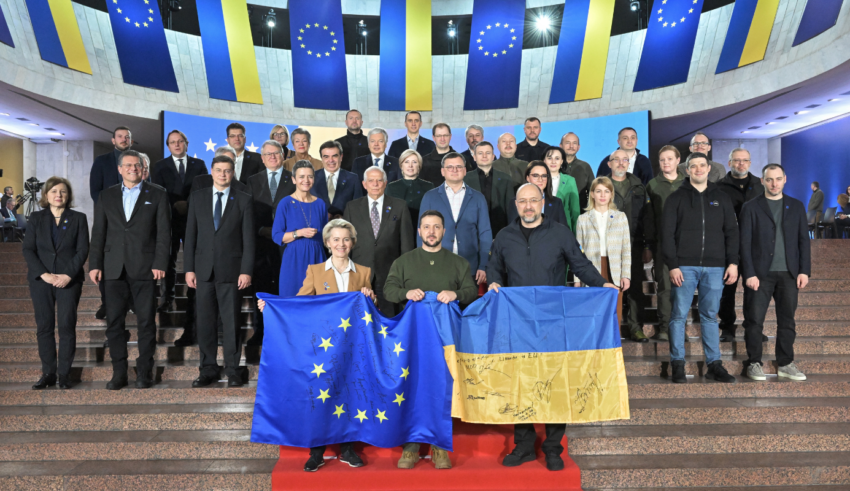
The European state of Slovakia presently stands at a crossroads and is due to make a critical decision whose effects could echo across the continent following the recent victory of former Prime Minister Robert Fico and his leftist Smer party in the parliamentary elections. Their coming into power which is propelled by a pro-Russian and anti-American agenda poses a significant threat to not only Slovakia’s democratic principles but also to the relations with the larger European Union and NATO.
I view this political shift of rising populism with deep concern as populist movements, usually coupled with nationalist vehemence and the shunning of international intervention, are gaining ground across Europe. As evidenced by Fico’s electoral success, populism threatens to erode collective efforts made towards the promotion of peace and stability in the region, and specifically in the ongoing Russia-Ukraine conflict.
Fico’s victory has immediate implications for peacekeeping efforts in Europe as he has made known his intention to withdraw Slovakia’s military presence and support in Ukraine that is combating Russian forces. One may take it that by putting in question Ukraine’s ability to hold off Russia and proposing to table a compromise peace deal, he undermines the international community’s efforts to support Ukraine’s sovereignty and territorial integrity.
Fico is also noted to have aligned with Hungary’s Viktor Orbán, among other leaders who have consistently been against supplying arms to Ukraine. This presents a troubling scenario that threatens to rip apart the already existing relations between European States that have long been a solid rock for European peacekeeping efforts.
Considering the recent developments, it is of utmost importance that European leaders and decision-makers stick to their guns in their commitment to the principles of democracy, human rights, and international cooperation as populism, while often engaged in democratic rhetoric, often ignores the very norms of liberal democracy such as constraints of power, freedom of speech and of the press. I believe this calls for pragmatic diplomacy, with a commitment to the rule of law, multilateralism, and the protection of vulnerable nations facing external aggression.
By The European Institute for International Law and International Relations.















